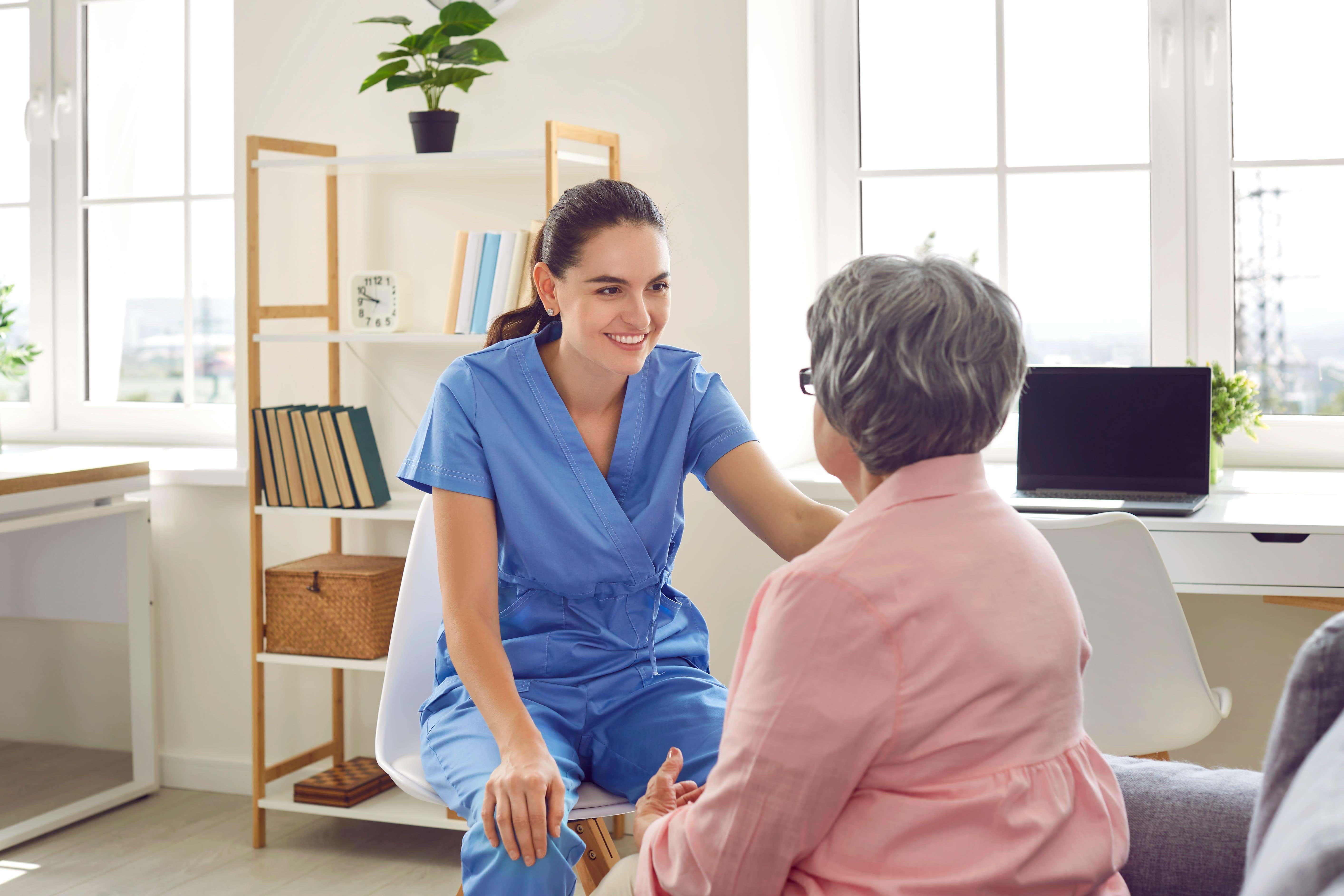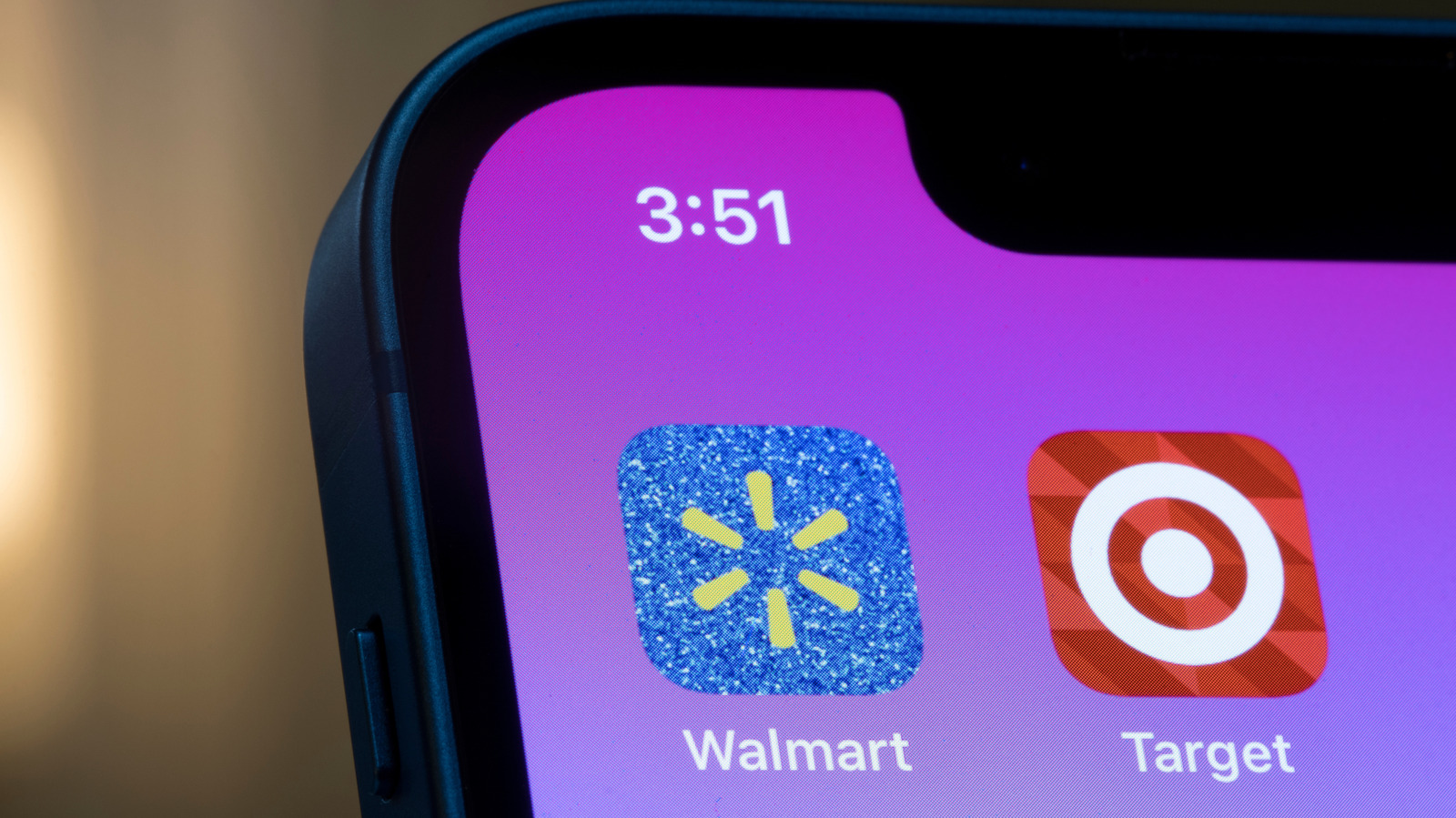- Lifestyle
- Health & Families
From breast and bowel screening to vaccinations, stay on top of these health checks.
Camilla FosterTuesday 25 November 2025 09:37 GMT open image in galleryGet your all check-ups done and dusted (Alamy/PA)
open image in galleryGet your all check-ups done and dusted (Alamy/PA)
Sign up to our free Living Well email for advice on living a happier, healthier and longer life
Live your life healthier and happier with our free weekly Living Well newsletter
Live your life healthier and happier with our free weekly Living Well newsletter
 Email*SIGN UP
Email*SIGN UPI would like to be emailed about offers, events and updates from The Independent. Read our Privacy notice
As December rapidly approaches, now could be the perfect time to tackle any lingering health admin that you may have been putting off before the Christmas festivities officially commence.
Taking care of our health becomes even more essential as we grow older, so staying proactive is key.
“While genetics play a role, advancing years, environmental exposure, and lifestyle choices can significantly impact our wellbeing,” says Dr Angela Rai, GP at The London General Practice. “Advanced screening techniques, expert advice and timely interventions can help you stay proactive about your health, whether you’re in your 60s or your 90s.”
Here are eight health checks to tick off your to do list as you head into 2026…
1. Vaccinations
Viruses are rife this time of year, so it’s important to stay up to date with vaccinations.The flu vaccine, the COVID-19 booster, the pneumococcal vaccine and the shingles vaccine are the main jabs on offer at the NHS.
“The flu vaccine is offered annually to protect against seasonal influenza, the COVID-19 booster is recommended for older adults to maintain immunity, and the pneumococcal vaccine protects against pneumonia and related infections,” says Rai. “In addition, the shingles vaccine is offered from age 60 onwards in the UK.”
These vaccines are crucial for maintaining health as older adults tend to be particularly vulnerable to viruses.
“It’s important to get them as older adults have a weaker immune response, making them more susceptible to severe illness and complications from respiratory infections,” says Rai. “Vaccination also reduces hospitalisation risk and prevents serious outcomes.”
2. NHS Health Check
The NHS Health Check is a free health check designed to identify early signs of stroke, kidney disease, heart disease, type 2 diabetes and dementia.
It’s offered to people between the ages 40–74 in England every five years who have no pre-existing diagnosis of these conditions.
“It involves a blood pressure check, cholesterol and blood glucose tests, BMI measurement and a lifestyle discussion about factors such as diet, exercise, smoking,” explains Rai. “It’s important as it detects risk factors early, enabling preventive measures before serious illness develops.”
You can also request a blood pressure and cholesterol check annually from your local healthcare provider.
3. Breast screening
“The NHS offers breast screening from 50 years to 71,” says Rai. “Screening usually includes mammogram and/or ultrasound of the breasts, with follow-up tests such a fine needle aspiration or a biopsy if a lump is found.”
If you have not been invited for breast screening by the age of 53, contact your local breast screening service.
4. Bone density screening
If you are over 50 and at risk of osteoporosis, you are likely eligible for a bone density scan, such as a DEXA scan.
“A bone density scan can be used to measure bone strength,” says Rai. “Women, in particular, are at increased risk of osteoporosis (thin bones) as oestrogen levels drop during the menopause, leading to a rapid decrease in bone density.
“Women are at even greater risk of osteoporosis if they have an early menopause (before age 45), a hysterectomy, or absent periods earlier in life due to a low body mass. Other risk factors include prolonged steroid usage, thyroid disorders, and a family history of osteoporosis.”
5. Bowel screening
You’ll automatically get a bowel cancer screening home test kit (FIT kit) through the post every two years between the ages of 50 and 74 if you are registered with a GP in England.
“The FIT test (Faecal immunochemical test) aims to detect tiny amounts of blood in stool and you can also get a colonoscopy which involves a thin, flexible tube with a camera to look at the lower part of the bowel and rectum and can help detect polyps and suspicious lesions,” says Rai.
If you haven’t received a bowel cancer screening kit and are eligible, call the free NHS screening helpline on 0800 707 6060 to request a replacement.
6. Heart health checks
“Maintaining heart health is essential as you move into middle age and beyond,” says Rai. “Women over 50 face increased cardiovascular risks due to decreased oestrogen levels, putting them on par with men of the same age. Regular cardiovascular risk assessments and screenings are critical for both men and women in this age group.”
Screening tests for cardiovascular disease include checking cholesterol levels and a CT calcium score.
“A CT coronary artery calcium test is a screening test for coronary heart disease and can be considered from the age of 40,” says Rai. “It uses a CT scan to detect calcium deposits in the coronary arteries of the heart.
“A zero score or low calcium score equates to a very low risk of significant disease. A higher score suggests a higher risk of future heart attack.”
7. Dentist
If you can’t remember when the last time you saw a dentist, you should definitely book an appointment in.
“You should ideally go for check-ups every 6-12 months, or as advised by your dentist,” recommends Rai. “It’s important because gum disease and tooth decay risk increases with age and your oral health impacts nutrition and overall health. Dentists can also help detect oral cancer early.”
8. Eye sight and hearing tests
Many opticians offer free hearing tests, so you can get both jobs ticked off in the same place.
“If you should get your eyesight checked every two years (or annually if you have diabetes or glaucoma risk) and your hearing checked every two to three years, or sooner if you notice changes,” advises Rai. “Vision and hearing loss can lead to falls, isolation, and cognitive decline, so early intervention improves quality of life.”



